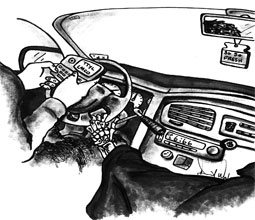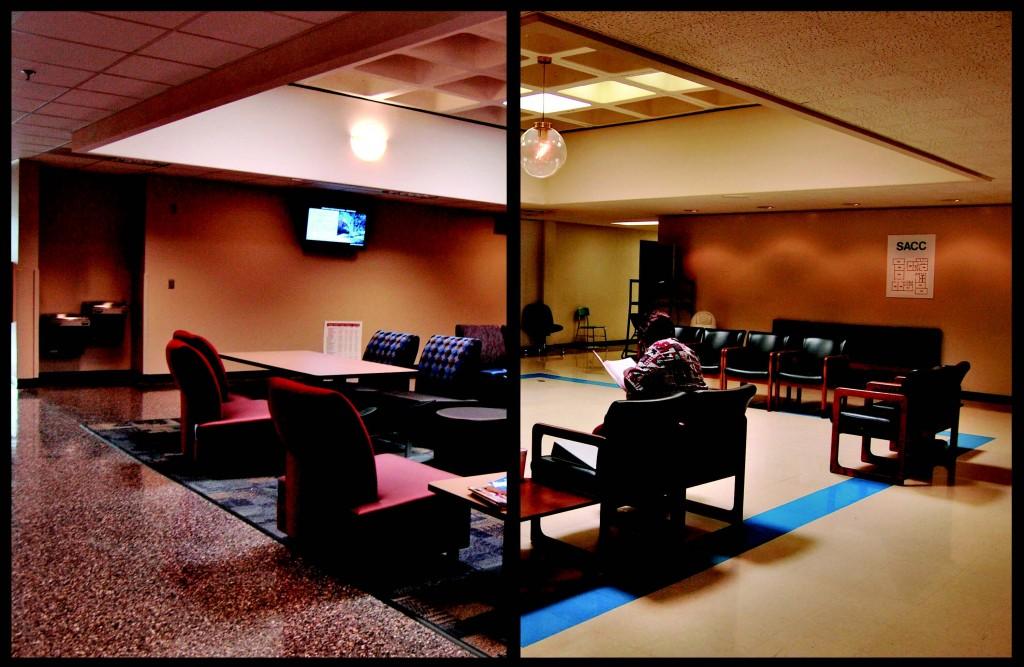
While driving along on the road, Cassie, Emm and Jules, laughing and giggling, send a text message to James.
Cassie Cowan, clearly distracted, realizes too late that she is driving on the wrong side of the road before running head-on into another car.
The collision sends Jules’ head through a side window, killing her.
Emm, seat-belted, survives the initial impact, but seconds later breaks her neck when another car collides with the passenger door.
As she sees her dead friend sitting next to her, Cassie screams in pain.
In the other car, a young girl, asking why her parents won’t wake up, somehow escapes injury.
Police and fire respond quickly, but it is too late.
Twenty seconds. Four dead.
Cassie, severely injured, survives the crash.
The crash was a tragedy, but fortunately, this scenario came from a film.
Produced by a Wales police department and filmmaker Peter Watkins-Hughes, the 30-minute presentation details the bloody, horrible results of texting while driving.
“COW — The film that will stop you txting (sic) and driving,” four minutes of which is available on YouTube, uses state-of-the-art effects to show what would happen inside a car during a collision.
The dangers of texting and cell phone use while driving have been well-documented on television and in newspapers, including The Collegian.
However, this video needs to be seen. It is extremely graphic, and maybe, to get the message across, it should be.
Police Chief Inspector John Pavett of Gwent, Wales, said in a statement that he hoped the presentation’s serious message would hit home with students.
“Seeing a scenario, like the one Cassie goes through, played out right before your eyes, makes you realize how extremely dangerous it can be and what devastating consequences it can have,” he said.
After both Fox News and NBC broadcast clips of the video on U.S. television, Gwent Chief Constable Mick Giannasi said in a statement that American students should also view the film.
“The messages contained in the film are as relevant to the people of Tennessee as they are to the residents of Tredegar,” he said, referring to a town in Wales.
“Texting and driving can have tragic consequences, and the more this film is viewed, the better.”
Parents, after watching it themselves, should show the video to their teenage children.
Anyone who owns a mobile device owes it to themselves to watch.
Viewers can see the film at http://www.gwent.police.uk.
























